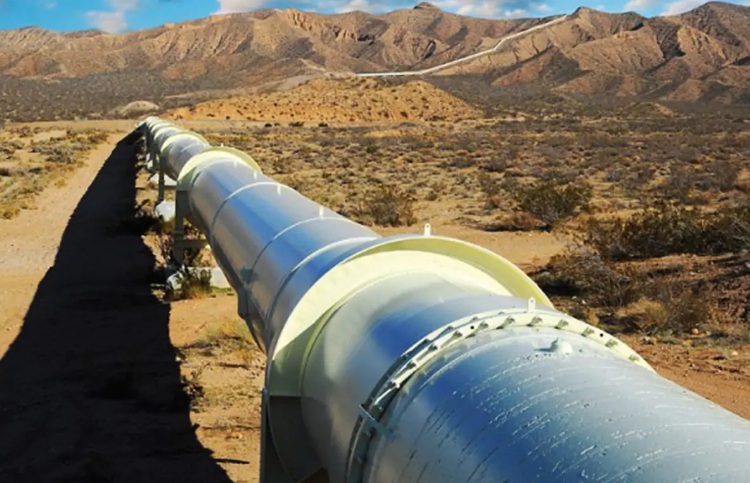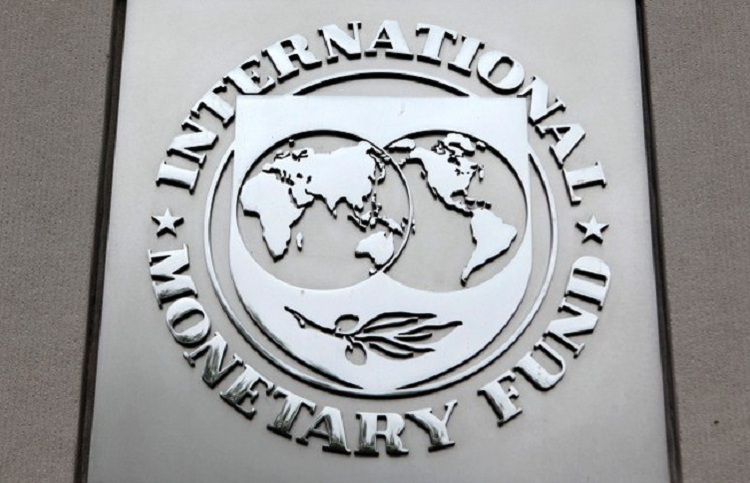The Diplomat
Spanish gas imports from Russia exceeded those from Algeria last June for the first time in history, a fact that, although it coincides with the deterioration of Madrid’s relations with Algiers because of its change of course regarding Western Sahara, it also coincides with Moscow’s attempts at international isolation, including energy, because of the invasion of Ukraine.
According to the latest data from the Enagás Statistical Bulletin, Spain bought 7,763 gigawatt hours (GWh) of gas from Algeria in June, 7,345 of which arrived by pipeline (Medgaz) and the rest (418) in methane tankers in the form of liquefied natural gas (LNG). With these figures, Algeria accounted for 21.6% of the gas purchased by our country in June 2022.
In June 2021, Spain purchased 18,123 GWh of gas from Algeria. That represents a drop of almost 60% in just one year. Between January and June, gas from Algeria accounted for 24.7% of Spanish imports of this product. In the same period of 2021, the percentage was much higher, 47.7%. Algeria, which reached a share of more than 50%, has demanded Spain to renegotiate upwards the prices of the contracts with Naturgy and other companies.
In the same month of June 2022, Spain bought 8,752 gigawatt hours from Russia (all by sea), which represented 24.4% of all gas supplies to Spain. In June 2021, when it was still far from even expecting a Russian invasion of Ukraine, the amount was 2,163 GWh. Therefore, not only is this the first time that Russia has overtaken Algeria as a gas supplier to Spain, but last June’s increase brings the cumulative amount since January to 10.1%, a percentage never reached before. In year-on-year terms, this represents an increase of 3.2% (22,236 GWh in the first half of 2021 and 22,948 in the first half of 2022, with the war already underway).
In the same period, the US also overtook Algeria as a gas supplier to Spain, with 10,618 GWh in June (29.6%), well above the North African country (the historical supplier of gas to Spain), but only slightly above Russia, which has become the second largest supplier. In June 2021, the US sold 4,602 gigawatt hours to Spain.
All these data coincide with a very serious diplomatic deterioration between Spain and Algeria following the decision of Pedro Sanchez’s government to recognize the Moroccan autonomy plan for Western Sahara, which, although it has allowed to revive relations with Rabat, has done so at the expense of relations with Algiers.
This situation has resulted in the Algerian decision to suspend the Treaty of Friendship, Good Neighborliness and Cooperation and in possible threats to financial transactions with Spain, which has led the Minister of Foreign Affairs, José Manuel Albares, to denounce these measures before the European Commission. However, Algeria has insisted at all times that it will fulfill its “contractual obligations” for the supply of gas to Spain. On June 30, Albares declared to Radio Nacional that, according to data from the Secretary of State for Trade, and “in spite of Algerian declarations saying that they were ill-intentioned fantasies on the part of Spain, there is indeed a blockage of commercial and business operations” on the part of Algeria.
On the other hand, the extraordinary European Council, held in Brussels on May 30-31, approved the sixth package of sanctions against Russia, under which the Member States undertake to boycott imports of oil and oil products “supplied from Russia to the Member States” by sea, a measure which “immediately covers more than two-thirds of Russia’s oil imports, cutting off a huge source of financing for its war machine”, and which should be implemented within six to eight months.
During the Brussels discussions, Spain and Portugal repeatedly insisted that the Iberian hub can be an alternative to energy dependence on Russia because the two countries have ten regasification plants representing more than half of Europe’s regasification capacity.






